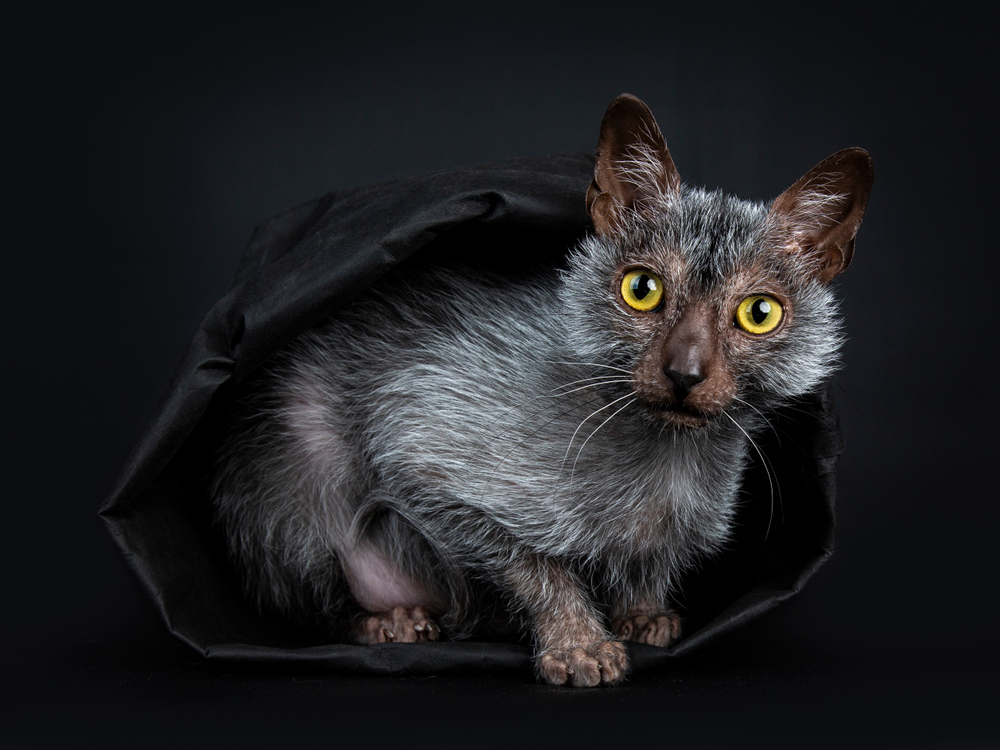Rats laugh at a pitch too high for humans to hear
Shutterstock/Artsiom P
Rats have what appears to be a “laugh centre” in their midbrain that is activated when the animals are tickled or when they engage in play behaviours.
Researchers first discovered that rats could laugh in 2016 after they found tickling the rodents on their belly and back sent them into fits of squeaky giggles. The same was true when rats playfully chased the researchers’ hands. Rat “laughs” are too high-pitched for us to hear but can be recorded with special microphones and replayed in a lower register.
“Rats are very ticklish and playful animals,” says Michael Brecht at the Humboldt University of Berlin in Germany. “People often think that play behaviours are childish and simple, but that assumption is entirely wrong.” Brecht’s earlier work has found, for example, that rats are adept at hide-and-seek.
But why both humans and rats seem to share this ability to laugh and play is not well understood. By looking at what part of the rats’ brains were active during tickling, researchers hoped they could pinpoint regions of the brain that drives laughter and playfulness.
First, Brecht and his colleagues let the rats settle into their homes in the lab for a few days, as stressed rodents are less likely to laugh when tickled. Researchers then had the rats chase their hands and tickled them on their backs and bellies while recording their vocalisations. They also allowed pairs of rats to play and socialise with each other and made similar recordings. During the play and tickling, the rats were free to move around their enclosure while researchers observed their brain cell activity with implanted electrodes.
The imaging revealed that an area of the midbrain called the periaqueductal grey was particularly active during laughter – specifically, the two subregions on the flanks. When they inhibited the function in this part of the brain with specialised drugs, the rats were less likely to play and didn’t laugh as often.
To see how the rodents behaved under stress, researchers placed them in new enclosures and repeated the game. The rats were less inclined to laugh and play, similar to when their periaqueductal grey was inhibited. The brain activity in this region dropped and they didn’t play with the other rats as often.
Earlier work has found that the periaqueductal grey plays an important role in controlling vocalisations, which could be one reason this brain region is so active during laughter. Next, Brecht plans to investigate if this pattern holds true in other playful mammals.
Topics:














